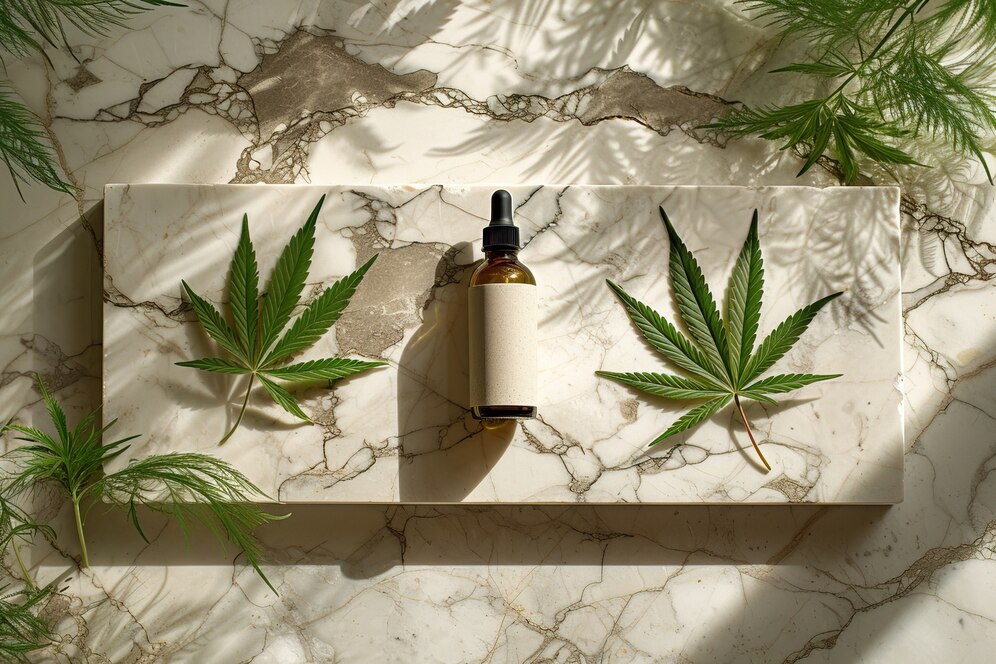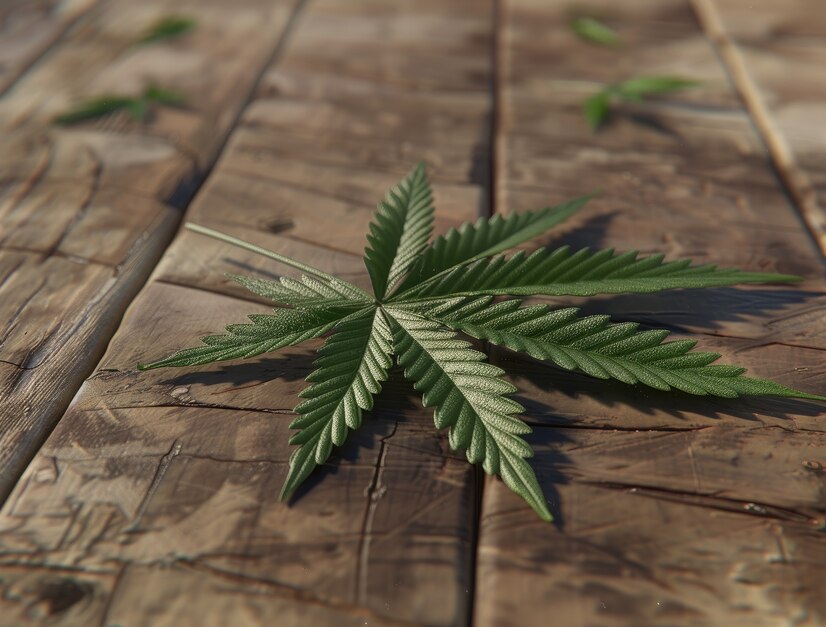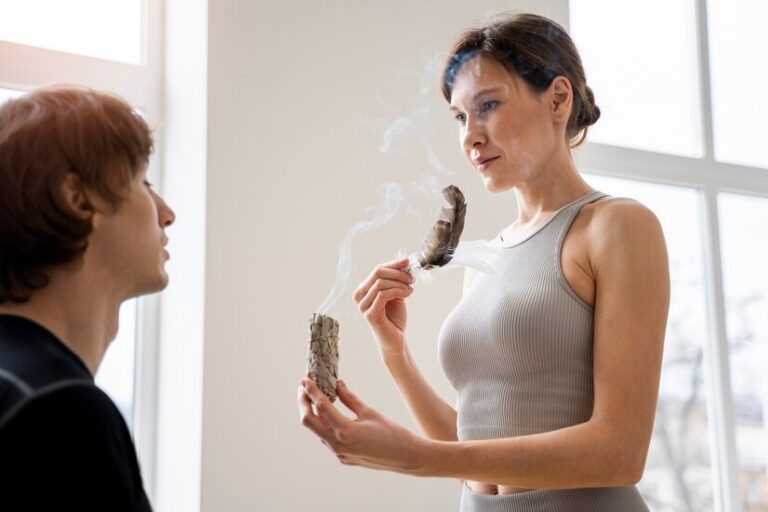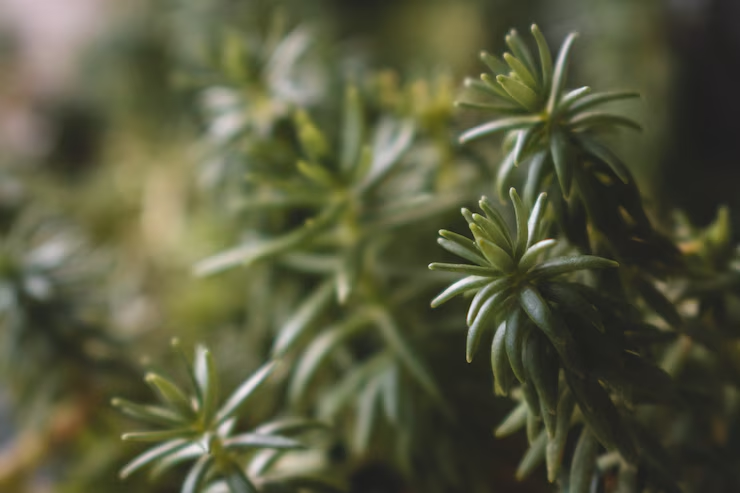Exploring the World of CBD Oil and Tinctures
Diving Deep: Exploring the World of CBD Oil and Tinctures
In the ever-expanding universe of CBD products, CBD Oil and Tinctures stand out as two of the most popular and versatile options. Often used interchangeably, they share many similarities but also possess distinct characteristics that can influence a user’s choice. Whether you’re new to CBD or looking to deepen your understanding, this comprehensive guide will explore the world of CBD Oil and Tinctures, delving into their composition, benefits, uses, and how to choose the right product for your wellness journey.
What is CBD Oil? A Foundation of Wellness
At its core, CBD Oil is a product made by extracting cannabidiol (CBD) from the hemp plant and then diluting it with a carrier oil. This carrier oil is typically a food-grade oil like hemp seed oil, MCT oil (derived from coconut oil), or olive oil. The purpose of the carrier oil is to improve the bioavailability of CBD and make it easier to administer and dose.
CBD Oil comes in various formulations, categorized by the spectrum of cannabinoids and other compounds they contain:
- Full-Spectrum CBD Oil: Contains all the naturally occurring compounds found in the hemp plant, including CBD, trace amounts of THC (within legal limits, typically below 0.3% in the US and 0.2% in the UK), other cannabinoids, terpenes, and flavonoids. Many believe this “entourage effect” enhances the overall therapeutic benefits.
- Broad-Spectrum CBD Oil: Contains most of the beneficial compounds found in full-spectrum oil but has undergone an additional process to remove THC entirely. This is a good option for those who want to avoid THC for personal or professional reasons while still potentially benefiting from the entourage effect.
- CBD Isolate: Contains only pure CBD, with all other compounds from the hemp plant removed. This is ideal for individuals who want to experience the potential benefits of CBD without any other cannabinoids or terpenes.
What are CBD Tinctures? A Traditional Delivery Method

CBD Tinctures, while often similar in appearance and use to CBD oil, traditionally refer to CBD extracts that have been dissolved in alcohol. Alcohol acts as the solvent during the extraction process and also as the base for the final product. However, modern CBD Tinctures may also use other solvents like glycerin or even carrier oils similar to those found in CBD oils.
The use of alcohol as a solvent can potentially lead to a longer shelf life and faster absorption rate for CBD Tinctures. They are also typically administered sublingually (under the tongue) using a dropper, just like CBD oil.
CBD Oil and Tinctures: Unpacking the Similarities and Differences
While the terms are often used interchangeably, understanding the nuances between CBD Oil and Tinctures can be helpful:
Similarities:
- CBD as the Active Ingredient: Both CBD Oil and Tinctures contain cannabidiol as the primary active compound.
- Method of Administration: Both are typically administered sublingually using a dropper, allowing for relatively fast absorption into the bloodstream.
- Variety of Strengths and Flavors: Both are available in a range of CBD concentrations and can be found in various flavors to cater to different preferences.
- Potential Benefits: The potential wellness benefits associated with both CBD Oil and Tinctures are generally the same, depending on the spectrum of cannabinoids they contain.
Differences:
- Traditional Solvent: The primary difference lies in the traditional solvent used. CBD Tinctures historically use alcohol as the base, while CBD Oil uses a carrier oil. However, this distinction is becoming increasingly blurred as some modern tinctures use glycerin or oil.
- Taste: Alcohol-based CBD Tinctures may have a slightly bitter or alcohol-like taste, while oil-based CBD Oil will have a flavor profile determined by the carrier oil used (e.g., earthy for hemp seed oil, neutral for MCT oil).
- Absorption Rate: Some believe that alcohol-based CBD Tinctures may be absorbed slightly faster due to the nature of alcohol, but the difference is often negligible.
- Shelf Life: Alcohol-based CBD Tinctures may have a longer shelf life due to the preservative properties of alcohol.
Exploring the Uses and Benefits of CBD Oil and Tinctures
Both CBD Oil and Tinctures are popular for their potential to support various aspects of well-being:
- Managing Anxiety and Stress: Many users report a sense of calm and reduced anxiety with regular use of CBD Oil and Tinctures.
- Supporting Healthy Sleep Patterns: Both can be used to promote relaxation and potentially improve sleep quality.
- Alleviating Pain and Inflammation: The potential anti-inflammatory and analgesic properties of CBD may help manage various types of pain.
- Promoting Overall Wellness: Many individuals incorporate CBD Oil and Tinctures into their daily routine to support a general sense of balance and well-being.
The specific benefits experienced can vary depending on the individual, the quality of the product, and the dosage used.
How to Choose Quality CBD Oil and Tinctures
With a vast array of CBD Oil and Tinctures available on the market, knowing how to choose a high-quality product is crucial:
- Check the THC Content: Ensure the product complies with legal regulations regarding THC content (typically below 0.3% in the US and 0.2% in the UK).
- Look for Third-Party Lab Testing (Certificate of Analysis – COA): This is paramount. A COA from an independent laboratory verifies the CBD and THC content and confirms the absence of harmful contaminants like pesticides, heavy metals, and solvents.
- Consider the CBD Concentration: CBD Oil and Tinctures come in various strengths. Choose a concentration that aligns with your needs and experience with CBD. Beginners often start with lower concentrations.
- Decide on the Spectrum: Choose between full-spectrum, broad-spectrum, or isolate based on your preferences regarding THC and the entourage effect.
- Evaluate the Carrier Oil/Solvent: Consider the type of carrier oil used in CBD Oil (e.g., MCT oil for better absorption) or the solvent in CBD Tinctures. If you prefer to avoid alcohol, opt for oil-based tinctures or standard CBD oils.
- Research the Brand’s Reputation: Choose products from reputable brands that are transparent about their sourcing, manufacturing processes, and testing procedures. Read customer reviews for insights into product quality and effectiveness.
- Read the Label Carefully: Pay attention to the ingredient list and avoid products with unnecessary additives or artificial ingredients.
Understanding Dosage for CBD Oil and Tinctures

Determining the right dosage of CBD Oil and Tinctures is highly individual and can depend on factors like body weight, metabolism, the severity of symptoms, and the concentration of the product. It’s generally recommended to start with a low dose and gradually increase until you find the “sweet spot” that provides the desired effects. Pay attention to how your body responds and adjust accordingly. Consulting with a healthcare professional who has experience with CBD can provide personalized guidance.
How to Use CBD Oil and Tinctures Effectively
The most common way to use CBD Oil and Tinctures is sublingually:
- Use the dropper to place the desired number of drops under your tongue.
- Hold the liquid there for about 30-60 seconds before swallowing. This allows the CBD to be absorbed directly into the bloodstream through the mucous membranes1 in your mouth, leading to faster onset of effects compared to ingestion.
You can also add CBD Oil and Tinctures to food or drinks, but this may result in slower absorption as it has to go through the digestive system.
Potential Side Effects and Precautions
CBD Oil and Tinctures are generally well-tolerated, and serious side effects are rare. However, some individuals may experience mild side effects such as:
- Drowsiness
- Dry mouth2
- Changes in appetite
- Diarrhea
It’s important to be aware that CBD can interact with certain medications. Therefore, it’s crucial to consult with your doctor before using CBD Oil and Tinctures, especially if you are taking any prescription medications.
Conclusion: Embrace the Versatility of CBD Oil and Tinctures
CBD Oil and Tinctures offer a versatile and effective way to incorporate the potential benefits of CBD into your wellness routine. While they share many similarities, understanding their nuances can help you choose the product that best suits your individual preferences and needs. By prioritizing quality, transparency, and consulting with healthcare professionals when necessary, you can confidently explore the world of CBD Oil and Tinctures and unlock their potential for a healthier and more balanced life.
Frequently Asked Questions (FAQs)

1. What is the main difference between CBD Oil and CBD Tinctures?
The main traditional difference between CBD Oil and Tinctures lies in the solvent used. CBD Tinctures traditionally use alcohol as the solvent and base, while CBD Oil uses a carrier oil. However, this distinction is becoming less rigid, with some tinctures also using oil-based solvents.
2. Are CBD Oil and Tinctures legal in the US?
Yes, CBD Oil and Tinctures derived from hemp are federally legal in the US as long as they contain less than 0.3% THC. State laws may vary, so it’s important to check local regulations.
3. How do I determine the right dosage of CBD Oil and Tinctures for my needs?
The right dosage of CBD Oil and Tinctures varies depending on individual factors like body weight, metabolism, the condition being addressed, and the potency of the product. It’s generally recommended to start with a low dose (e.g., a few drops of a low-strength oil or tincture) and gradually increase until you find the desired effects.
4. Where should I store my CBD Oil and Tinctures to maintain their quality?
To maintain the quality of your CBD Oil and Tinctures, it’s best to store them in a cool, dark place away from direct sunlight and heat. Keep the bottle tightly closed to prevent oxidation and contamination. Some people also choose to refrigerate their CBD products, which can help extend their shelf life.
.







